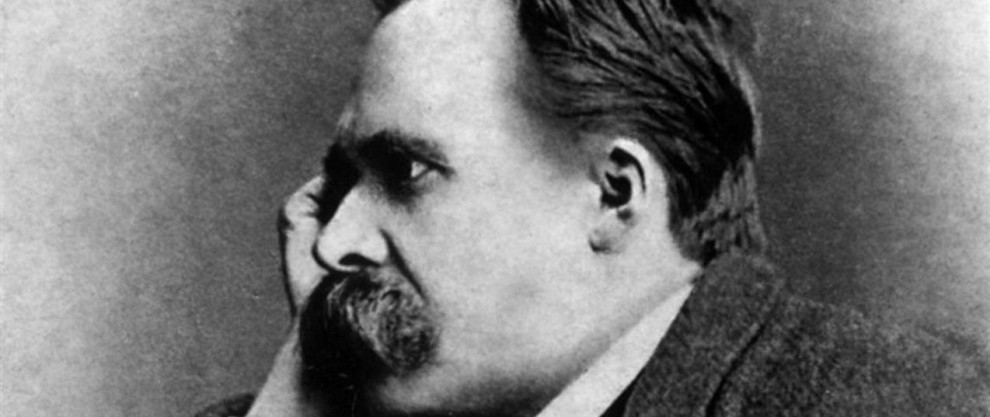
Recently, I was doing some thinking about Martin Luther King, and by way of extension, other courageous leaders. As a young Christian, I read King’s collection of sermons titled Strength to Love. I kept thinking, “This is my favorite sermon. No, this one…” King’s famous Letter from a Birmingham Jail is remarkable in so many ways, not the least of which is its courage, clarity and conviction.
In any case, it got me thinking how we appreciate courageous leaders, but we don’t necessarily want to emulate them. King, of course, was far from perfect. His adultery and plagiarism are well attested. However, his courageous leadership at a formative time in American history is worth more than appreciation.
Are we willing to be courageous in the places God has placed us? Too many of us are motivated by the fear of man. If we fear God, we will be the types of leaders who not only appreciate courageous men and women, but seek to emulate them.







